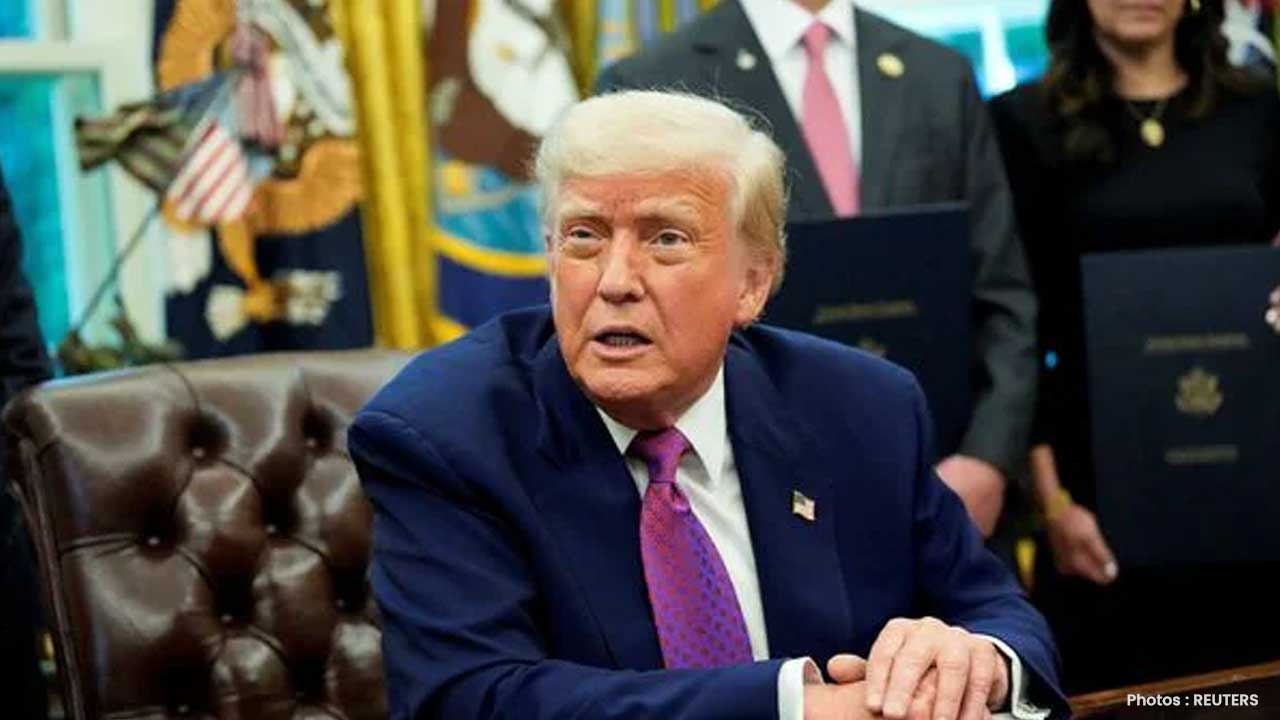
Early Childhood Sugar Intake Linked to Future Hear
Research suggests sugar exposure in the first 1,000 days may increase heart disease risk in adulthoo

Washington, Nov 19, 2025: The Trump administration has presented a contentious proposal poised to reshape the pathway for immigrants seeking permanent residency in the United States. Officials from the Department of Homeland Security (DHS) have put forth a plan that might deny green cards to individuals deemed likely to rely on government assistance programs.
Titled "Public Charge Ground of Inadmissibility," the regulation is scheduled for publication today, November 19, and the public will have a 30-day window to provide feedback. If enacted, immigration officers will gain increased authority to assess whether applicants are at risk of depending on government resources such as Medicaid, food stamps, or housing aid.
Operational Framework
Under the revamped directive, DHS officials will evaluate various elements for green card applications. Factors considered include an applicant’s age, health status, family dynamics, educational background, financial capabilities, and previous engagement with public benefits. They may also scrutinize the Form I-864 Affidavit of Support to verify that a sponsor can financially sustain the applicant.
Matthew J. Tragesser, the spokesperson for U.S. Citizenship and Immigration Services (USCIS), stated: “DHS aims to revoke the 2022 public charge inadmissibility standards. This proposed rule seeks to reinstate broader discretion for officers to assess all relevant facts, aligning with the longstanding policy that immigrants in the U.S. ought to be self-sufficient.”
Implications for Immigrants
This proposed rule reverses protections that were put in place during the Biden administration, which shielded immigrants from repercussions related to their use of certain government benefits. Advocacy groups, such as the Protecting Immigrant Families Coalition and Community Catalyst, caution that this shift could instill fear in millions of immigrants who depend on critical services like healthcare and food assistance. Many could avoid accessing necessary support out of concern that it may impact their green card application or residency status.
Experts point out that the additional discretion given to immigration officers could lead to more applicants being considered ineligible, including those who had previously been approved. This could potentially impact not just new applicants for green cards, but also current permanent residents if they are assessed as excessively reliant on aid.
Connection to Travel-Ban Countries
Furthermore, reports suggest that the Trump administration might associate this proposal with ongoing restrictions affecting citizens from countries encompassed by the U.S. travel ban. Nationals from Afghanistan, Myanmar, Chad, Iran, Somalia, Yemen, and others may experience increased scrutiny in their applications for permanent residency.
Wider Implications
While the administration defends the proposal as a means to ensure that government resources do not incentivize immigration and that residents uphold self-reliance, critics contend that such a policy could disproportionately impact vulnerable groups and worsen disparities in access to healthcare and social services.
As DHS advances toward finalizing the rule, public input and potential legal challenges are anticipated to influence its application. For immigrants, their families, and advocacy organizations, this proposal marks a significant juncture in U.S. immigration policy, bearing possible long-term ramifications for countless individuals aiming to establish a life in the country.